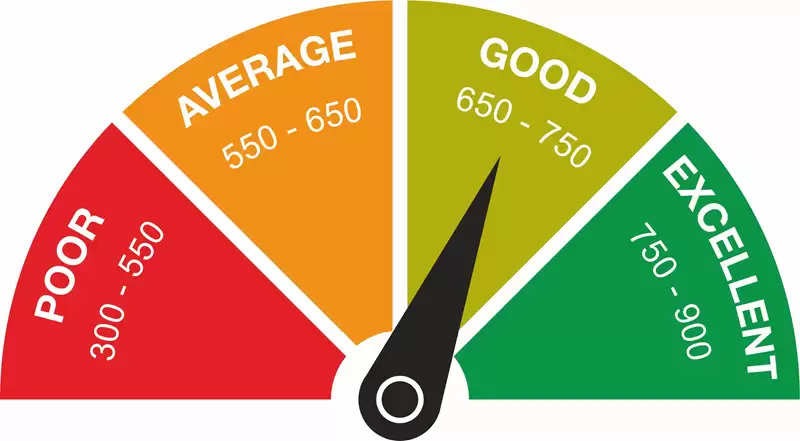Whenever it comes to taking a personal loan, everyone would tell you that if your CIBIL score is good then you will get the loan. However, when a bank gives a personal loan to a person, it not only looks at his CIBIL score but also checks 3 types of ratios. Through all this the bank wants to ensure whether you will be able to repay the bank loan amount on time or not. Let us know which 3 ratios the bank checks apart from CIBIL score.
1- Debt-to-Income (DTI) Ratio
Before giving loan to anyone, the bank checks the debt-to-income ratio. This ratio is calculated by comparing the monthly loan payment and your gross salary. The lower the DTI ratio, the more likely you are to get a loan. Through this ratio the bank is able to understand how much loan you already have and how much money is left in your hand.
2- EMI/NMI ratio
Through EMI/NMI ratio, the bank calculates how much of your net monthly income will be spent on the existing EMI and the proposed loan EMI. If your EMI/NMI is 50-55 percent then it is fine, but if the ratio is more than this then the bank starts shying away from giving you loan. Despite this, if the bank gives you a loan, it often charges a higher interest rate.
3- Loan-to-Value Ratio (LTV)
This ratio is calculated specifically in the case of housing loans. With the help of this ratio it becomes easier to understand the risk. The LTV ratio tells you how much your loan is worth in comparison to the asset or collateral. This helps in securing the loan. The loan granting bank uses this information to formulate necessary terms and conditions.
Banks also check CIBIL score.
It is a three digit number or score. Its range is from 300 to 900 marks. This shows your eligibility to take a loan. This number is decided on the basis of your old loan, credit card bill etc. If you keep paying all your loan and card bills, your CIBIL score keeps improving, whereas if you default, your CIBIL score keeps deteriorating.
What are the benefits of a good CIBIL score?
If your CIBIL score is good then it has many benefits. Every bank checks the CIBIL score of a person before giving loan. In such a situation, you can get a loan easily and cheaply. Many times you can also get pre-approved loan offers and you can also get the facility of instant loan i.e. getting money into your account within a few minutes.
Disadvantages of bad CIBIL score
If the CIBIL score is bad then you have to bear the loss also. You have to face problems in all bank related work. Let us know 5 disadvantages of bad CIBIL score. If CIBIL is bad then there will be difficulty in getting loan. Also you will have to pay higher interest rate. Not only this, you may also have to pay higher premium. Apart from these, you will also face difficulty in getting home and car loan. There may even be a delay in getting the loan.
 look news india
look news india
